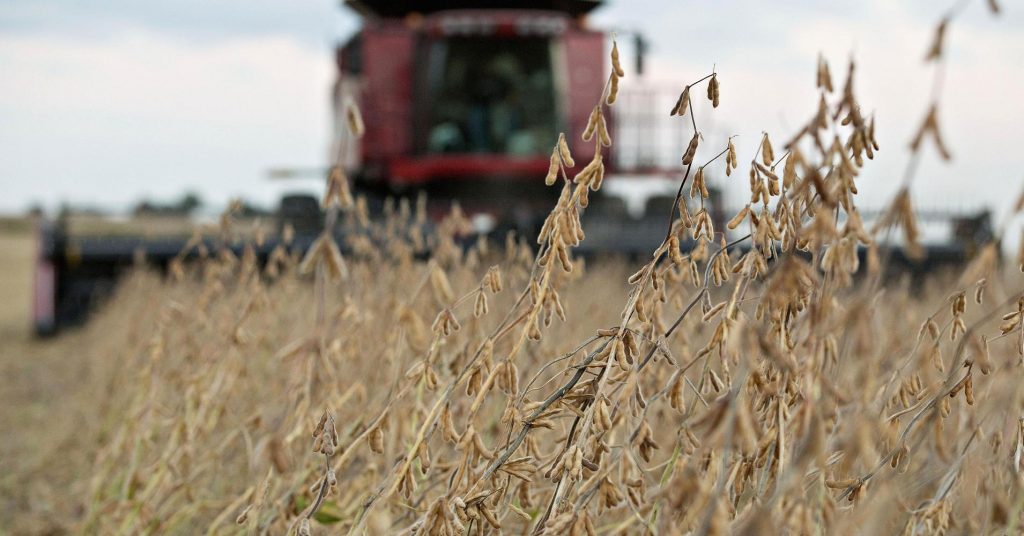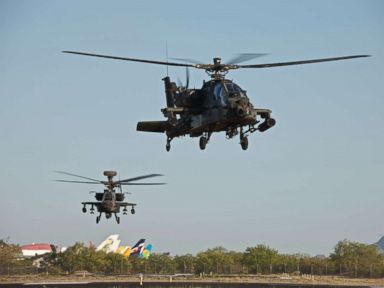
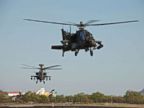

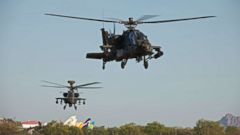
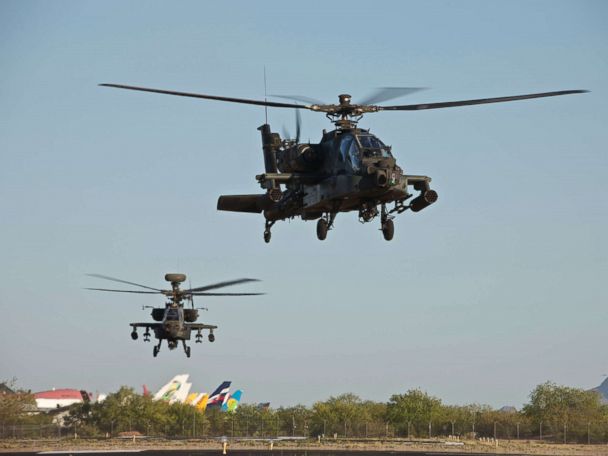
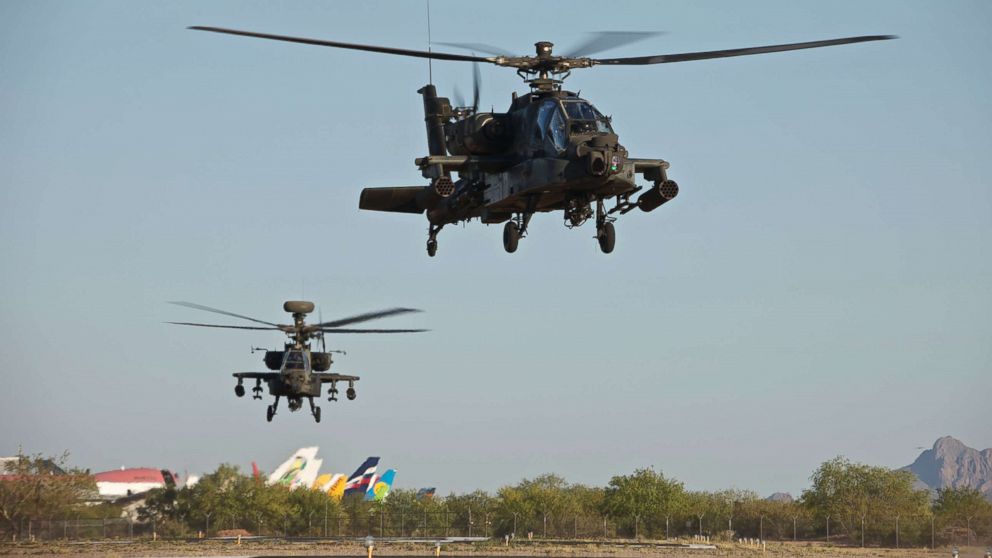

Two soldiers were killed in a training flight of an Apache attack helicopter at Fort Campbell, Kentucky.
The two deaths in the crash Friday night brings to seven the number of service members who have died just this week in three military aviation crashes in the United States. Two other aviation mishaps in the east African nation of Djibouti resulted in no casualties.
An Army statement on the most recent crash said, “At approximately 9:50 p.m. Friday, two soldiers of the 101st Combat Aviation Brigade, 101st Airborne Division (Air Assault) were killed in an AH-64E Apache helicopter crash in the local training area on Fort Campbell.”
The cause is under investigation.
“This is a day of sadness for Fort Campbell and the 101st Airborne, “ said Brigadier Gen. Todd Royar,” acting senior commander of the 101st Airborne Division and Fort Campbell. “Our thoughts and prayer are with the families during this difficult time.”
The fatal mishap follows two other deadly military aviation crashes in the last five days.
On Thursday, an F-16 crashed near Nellis Air Force Base in Nevada, killing Maj. Stephen Del Bagno, a member of the Air Force’s elite Thunderbirds flight-demonstration team.
Two days earlier, on Tuesday, a Marine CH-53E Super Stallion helicopter crashed near El Centro, California, during a training flight. Four Marines died: Capt. Samuel A. Schultz, 28; First Lt. Samuel D. Phillips, 27; Gunnery Sgt. Derik R. Holley, 33; and Lance Corp. Taylor J. Conrad, 24.
Two other nonfatal aviation mishaps also occurred on Tuesday. A Marine AV-8B Harrier jet crashed on takeoff from the airport in Djibouti City. The pilot suffered no injuries after ejecting from the aircraft. Later that day, a Marine CH-53E helicopter carried out a “hard landing” at a beach near the capital city. There were no injuries.
A senior military official was asked Thursday if this week’s string of crashes might be a sign of systemic problems in military aviation.
“I don’t have anything on — for you right now, that should say those are necessarily linked,” Lt. General Kenneth McKenzie, director of the Joint Staff said at a Pentagon news conference.” “But [we] always look at linkages. We always look at multiple causalities. We always look at that very hard.”

